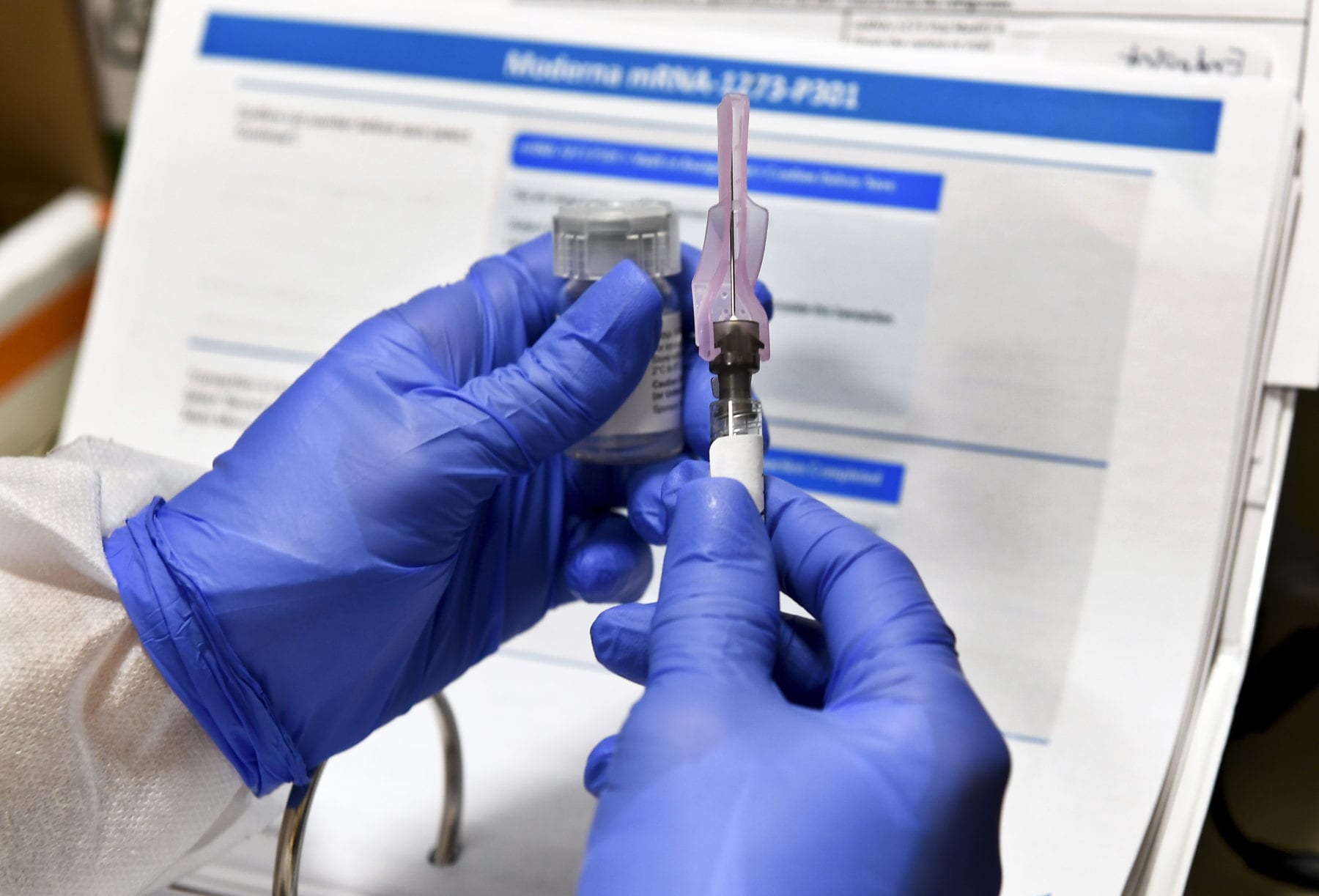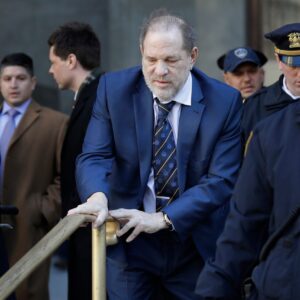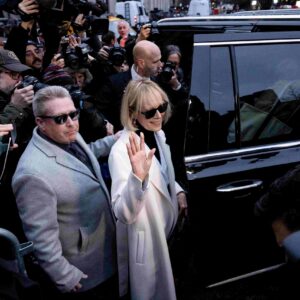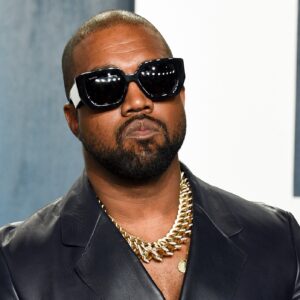Thursday’s debate covered important aspects of COVID-19, but perhaps none so drastic as the vaccine question addressed by President Trump.
Trump said there would be a vaccine soon and, when pressed, said it was “no guarantee” but he believes it will arrive before the end of the year. He said Johnson & Johnson, Moderna, and Pfizer are at the forefront.
His administration officials noted that a target date for distribution was well into 2021. Trump referenced a greater dependence on the military and Operation Warp Speed. “I think my timeline is going to be more accurate,” Trump said. “I don’t know that they’re counting on the military the way I do.”
Army Gen. Gustave Perna, and Moncef Slaoui, the ex-head of GlaxoSmithKline vaccines division, lead a public-private partnership. Slaoui said most Americans may have access to a vaccine by this spring, with immunization in June.
“It’s not a certainty, but the plan–and I feel pretty confident–should make it such that by June, everybody could have been immunized in the U.S.,” Slaoui told ABC News’ Bob Woodruff this week.
Moderna expects to have preliminary data from its trial by next month. Vaccine developers Pfizer and partner BioNTech are nearing the ability to deliver results from the final stage of clinical testing, while Johnson & Johnson was ready to resume testing after an unexplained illness forced the company to pause on Oct. 12.
Earlier this month, pharmaceutical company executives talked about the timeline. Moderna’s CEO Stephane Bancel told the Financial Times, “I think a late (first quarter), early (second quarter) approval is a reasonable timeline, based on what we know from our vaccine.”
And Pfizer CEO Albert Bourla told employees the company is “moving at the speed of science,” rather than under any political timing.


















Add comment